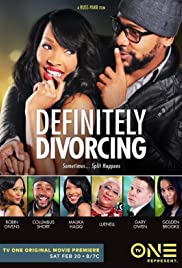
Co-workers question their marriages for a variety of issues, including anger management, child-like spouses and manipulative children.
You May Also Like
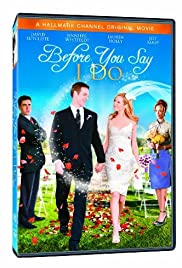
George Murray’s fiancée Jane Gardner gets cold feet after accepting his ring, terrorized by her first wedding with Doug, who cheated that very day with their wedding coordinator. After a car crash, George finds himself 10 years in the past, just days before Doug’s day.
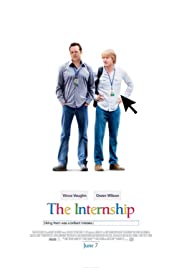

Vincent, a wealthy real estate agent, is invited to dinner by his sister Elizabeth and her husband Peter, both professors in Paris. Claude, a childhood friend and trombonist in a symphony orchestra, is also present. Vincent brings news from the prenatal examination of his and his wife Anna’s unborn son. The name chosen by the soon-to-be parents strongly offends the others for many reasons. The dispute between the guests quickly escalates and before long the resurgence of old grudges and hidden secrets is unavoidable …
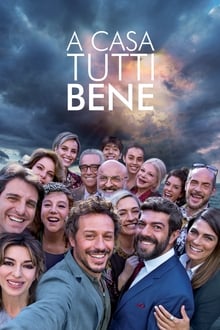
A big family that like any other one includes relatives that see each other often and others that rarely meet, reunite to celebrate the 50th wedding anniversary of grandma Alba and grandpa Pietro in a big Villa, on the island they moved to. Because of weather conditions they all remain stranded on the island and the idyll between them seems to be over.

Young Manhattan chef Samir rediscovers his heritage and passion for life through the enchanting art of cooking Indian food.
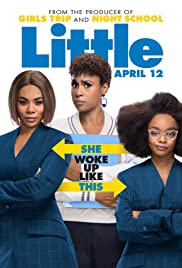
A woman receives the chance to relive the life of her younger self, at a point in her life when the pressures of adulthood become too much for her to bear.

“Occident” is a bitter comedy about the people who want to emigrate from Romania, and about those who stay behind. The movie has a rich, interesting structure: there are three different stories – a weeklong in the film – that cross, interconnect and happen in the same period. The characters influence each others lives, sometimes even without knowing. Main characters from one story become secondary characters in another story. At the same time, scenes from the first part of the movie bring unexpected facts when seen the second or the third time. The stories do not have just one ending: the first story ends in each of the third parts in a different point, suggesting radically different solutions for the characters. The way in which the director fits time and links events together often produces thematically unexpected results.
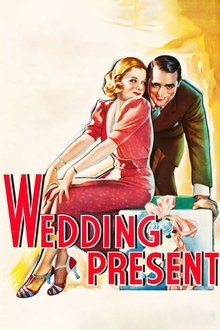
Charlie Mason and Rusty Fleming are star reporters on a Chicago tabloid who are romantically involved as well. Although skilled in ferreting out great stories, they often behave in an unprofessional and immature manner. After their shenanigans cause their frustrated city editor to resign, the publisher promotes Charlie to the job, a decision based on the premise that only a slacker would be able crack down on other shirkers and underachievers. His pomposity soon alienates most of his co-workers and causes Rusty to move to New York. Charlie resigns and along with gangster friend Smiles Benson tries to win Rusty back before she marries a stuffy society author.

A group of kids return from a camping trip to discover their town is being held captive by a gang of motorcycle-riding knuckleheads. Using only their scouting knowledge and camping equipment, the kids take down the gang members one by one.

Two sisters-in-law live as neighbors in the same apartment building with the mother-in-law who promised to give a beautiful sea-view penthouse to the one who delivers the first grandchild. A battle of egos erupts on social media.
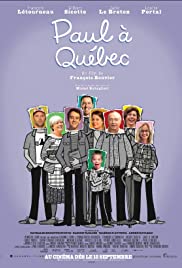
Paul à Québec is quite simply about life, at its happiest and at its most challenging. Paul and his in-laws offer us a window onto the everyday life of the Beaulieu family, but we also witness the decline of his father-in-law, Roland. Paul à Québec is a hymn to life that reminds us, among other things, of the beauty of those small moments when, in spite of the farewells, life shows us how important it is to savour every instant.